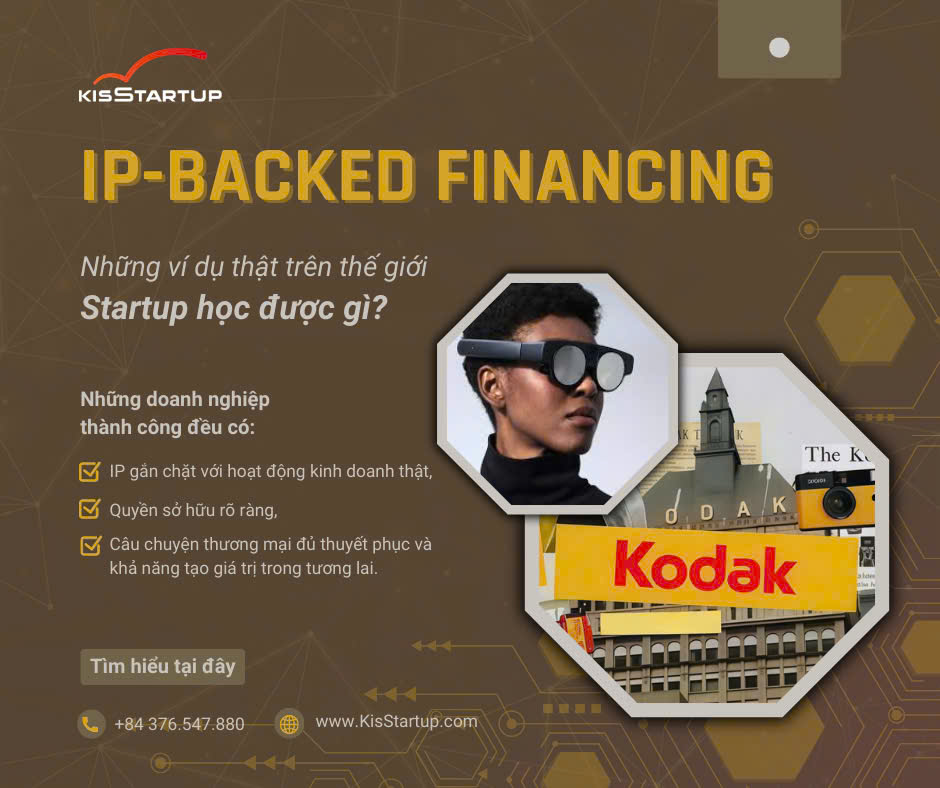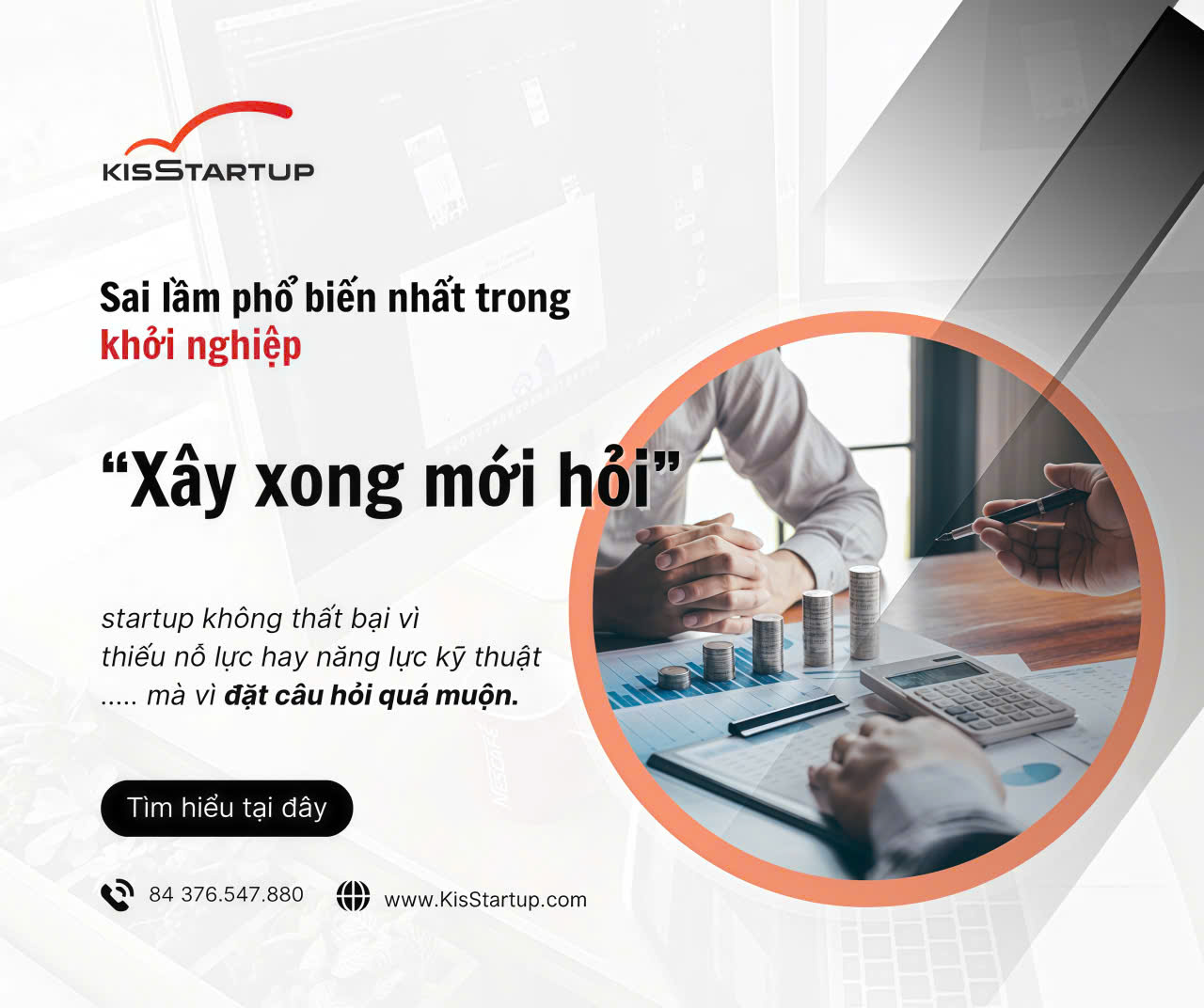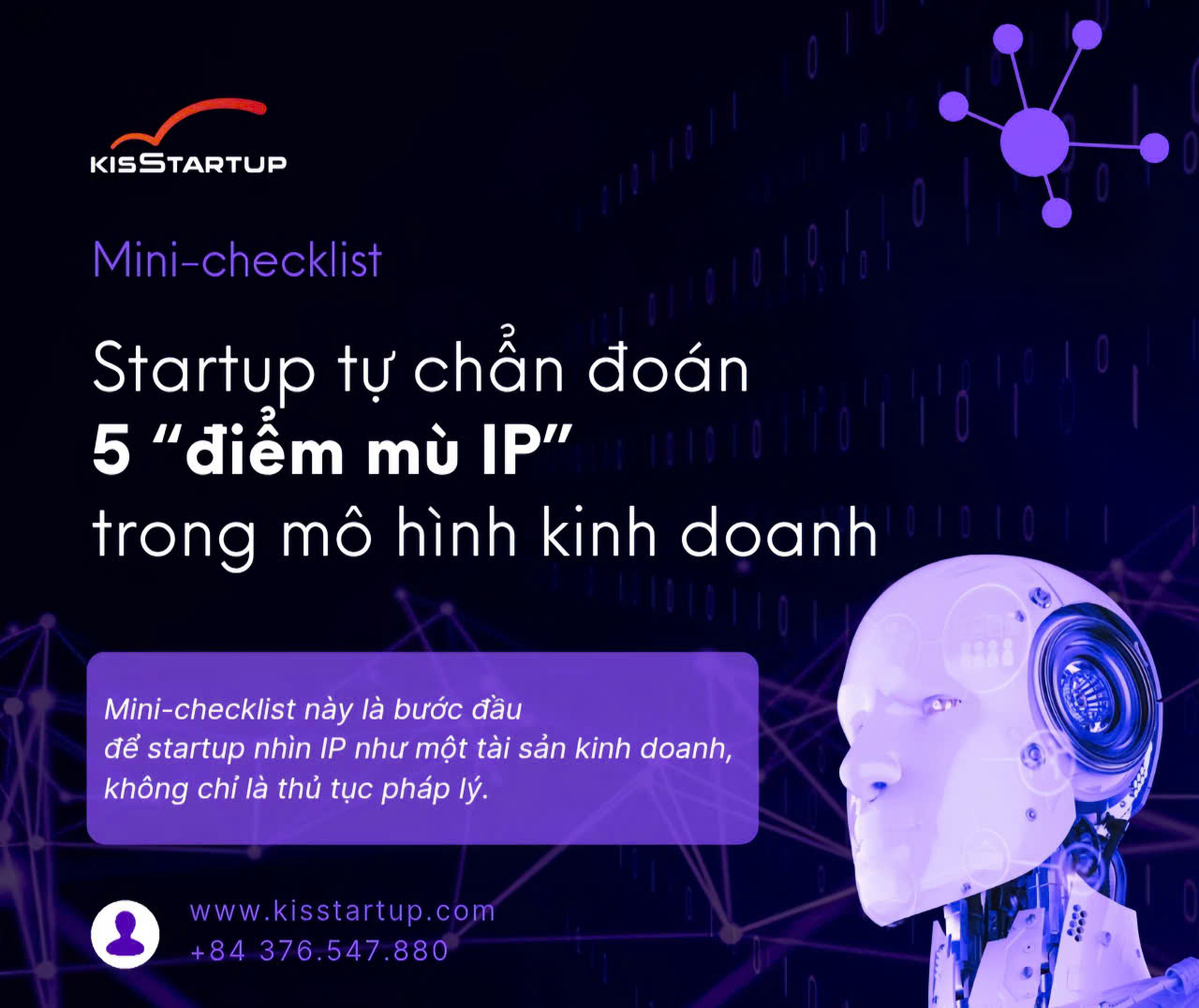Blockchain in Tea: “Transparency” Comes Not from Blockchain Itself, but from Data Design and Validation Rights
 Blockchain in the tea industry is not a “more sophisticated QR code.” Rather, it is a way to reorganize the truth of the supply chain: who records which data, at what point, who has the authority to validate it, and which version of the story the final buyer is allowed to see. When implemented correctly, blockchain transforms “trust”—a costly asset in specialty and organic tea—into infrastructure: verifiable, shareable, and scalable. When implemented poorly, it becomes merely a technological layer added onto unstandardized processes, increasing costs while leaving data unreliable.
Blockchain in the tea industry is not a “more sophisticated QR code.” Rather, it is a way to reorganize the truth of the supply chain: who records which data, at what point, who has the authority to validate it, and which version of the story the final buyer is allowed to see. When implemented correctly, blockchain transforms “trust”—a costly asset in specialty and organic tea—into infrastructure: verifiable, shareable, and scalable. When implemented poorly, it becomes merely a technological layer added onto unstandardized processes, increasing costs while leaving data unreliable.
Why Tea Is Particularly Well-Suited for Blockchain Compared to Other Crops
Tea has three characteristics that make transparent traceability a core competitive advantage.
First, tea is highly susceptible to blending and mislabeling. Products may share the same regional name or processing style, yet differ fundamentally in bud origin, plucking standards, firing batches, and storage conditions—differences that can completely erase the flavor profile of specialty tea. As a result, international buyers increasingly ask not only “where was it grown?” but also “how was it processed?” and “who verified it?”
Second, the tea supply chain contains multiple “breakpoints”: farmers, collection points, pre-processing workshops, factories, traders, warehouses, agents, and online channels. Each breakpoint represents a risk of data loss, food safety issues, and disputes in the event of complaints.
Third, brand value often exceeds raw material value. Tea is sold not only as dry matter, but as reputation—of origin, craftsmanship, narrative, and consistency. When embedded in the right “arteries” of the supply chain, blockchain helps tea move closer to how the wine industry manages provenance.
This is clearly reflected in studies of organic tea supply chains in India, where blockchain-based models significantly improve sustainability indicators, especially transparency and credibility—two decisive factors for premium pricing and long-term market access.
Transparency Is a Result of Data Design and Validation, Not Blockchain Alone
Many blockchain projects fail because they assume blockchain automatically creates trust. In reality, blockchain merely “freezes” data; whether that data is accurate depends entirely on event design and attestation mechanisms.
In tea, the three most valuable—and most frequently falsified—events are:
- Origin and cultivation practices: plot IDs, input logs, pre-harvest intervals, and microclimate conditions (where applicable).
- Processing events: firing/enzymatic deactivation/oxidation/drying batches, temperature–time parameters, final moisture levels, and test results (residues, microbiology).
- Ownership transfer and storage conditions: handover points, locations, warehouse temperature and humidity, containers for export, and tamper-evident custody chains.
For these events to be credible, data cannot rely solely on self-reporting by farmers. A multi-layer validation structure is required: farmer declaration → cooperative or workshop confirmation → third-party validation (testing bodies or certification agencies) signing off at critical checkpoints. International guidelines consistently emphasize that blockchain is most effective when combined with strong data governance, clear role-based permissions, and off-chain verification such as audits and laboratory testing.
Why India Has Advanced Further: Embedding Blockchain into Market Infrastructure
The most instructive lesson from Assam is not the QR code, but the ambition to integrate blockchain into price formation and trading mechanisms. Proposals for AI-driven, blockchain-based tea auctions aim to make bidding histories, transaction records, and price formation tamper-proof, thereby increasing market confidence and reducing information asymmetry. This represents blockchain influencing industry structure, not merely marketing.
For Vietnam, stopping at traceability labels risks confining tea to the role of raw material or domestic OCOP products. To enter the specialty tea map, traceability must evolve into market infrastructure: enabling faster B2B decisions, batch-level quality control, and the creation of “data reputation” for tea regions.
Cost-Efficient Architecture for Tea Enterprises: Minimal On-Chain, Maximum Impact
A practical architecture typically involves:
- Storing detailed data (images, reports, certificates of analysis, extended logs) off-chain.
- Recording only hashes of evidence, key events, and digital signatures of validators on-chain.
This approach reduces costs, improves performance, and avoids excessive on-chain storage. To ensure structured event data, many supply chains adopt event-based standards such as GS1 EPCIS/CBV, which clearly define who did what, to which batch, where, when, and why—facilitating international data sharing and scalability.
Three Major Constraints in Vietnam—and How to Overcome Them
Unstable harvesting and processing standards: Even perfect traceability cannot compensate for inconsistent quality. Blockchain cannot replace production discipline. Traceability should be treated as a digital quality assurance system, starting with one or two well-controlled tea lines.
Data clutter: Excessive data entry without decision-making value leads to system abandonment. The solution is internal dashboards supporting three key decisions: raw leaf purchasing by quality, batch-level processing adjustments, and inventory and storage control.
Rising platform and labeling costs: Building systems from scratch is rarely efficient. Many enterprises benefit more from existing platforms and focus investment on quality measurement, testing, SOP training, and QR user experience.
A 6–12 Month Roadmap for “Doing It Right”
Months 1–2: Select a flagship tea line and a manageable raw material zone; standardize 10–15 critical data fields tied to quality and risk.
Months 3–4: Implement validation mechanisms: who signs processing batches, COAs, packaging, and warehouse release.
Months 5–6: Use data for commercial differentiation, providing B2B buyers with batch-level traceability files or “tea batch passports.”
Months 7–12: Expand modularly with IoT for storage conditions, anti-counterfeiting measures, and potentially a transparent B2B marketplace where buyers can review batch history before purchasing.
KisStartup Perspective
Blockchain is a lever for tea to move beyond the role of raw material—but only when paired with quality discipline and data discipline. For specialty markets, the real question is not whether blockchain is used, but which data can serve as credible evidence of quality, and whether that evidence speaks a shared language with the market.
When achieved, blockchain does more than enable traceability; it positions tea as a verifiable quality system rather than a narrative. In a market where trust is increasingly expensive, that becomes a long-term competitive advantage.
© Copyright belongs to KisStartup. Any form of copying, quoting, or reuse must clearly cite KisStartup as the source.
References
[1] “Blockchain-driven organic tea supply chain …,” Technological Forecasting and Social Change, 2021.
[2] UNDP, “Blockchain for Agri-Food Traceability,” publication page. (Alcimed)
[3] GS1, “EPCIS 2.0 / event-based traceability standard (PDF/standard documentation).” (DCVMN)
[4] Business Standard, “Assam tea body welcomes proposal for AI-driven blockchain auction system,” news report.
[5] Deccan Herald, “Assam … AI-driven blockchain-based auctioning system,” news report.
[6] TMA Solutions, “Blockchain and Traceability Solutions … meet export standards for EU/US/Japan,” 2026. (tmasolutions.com)
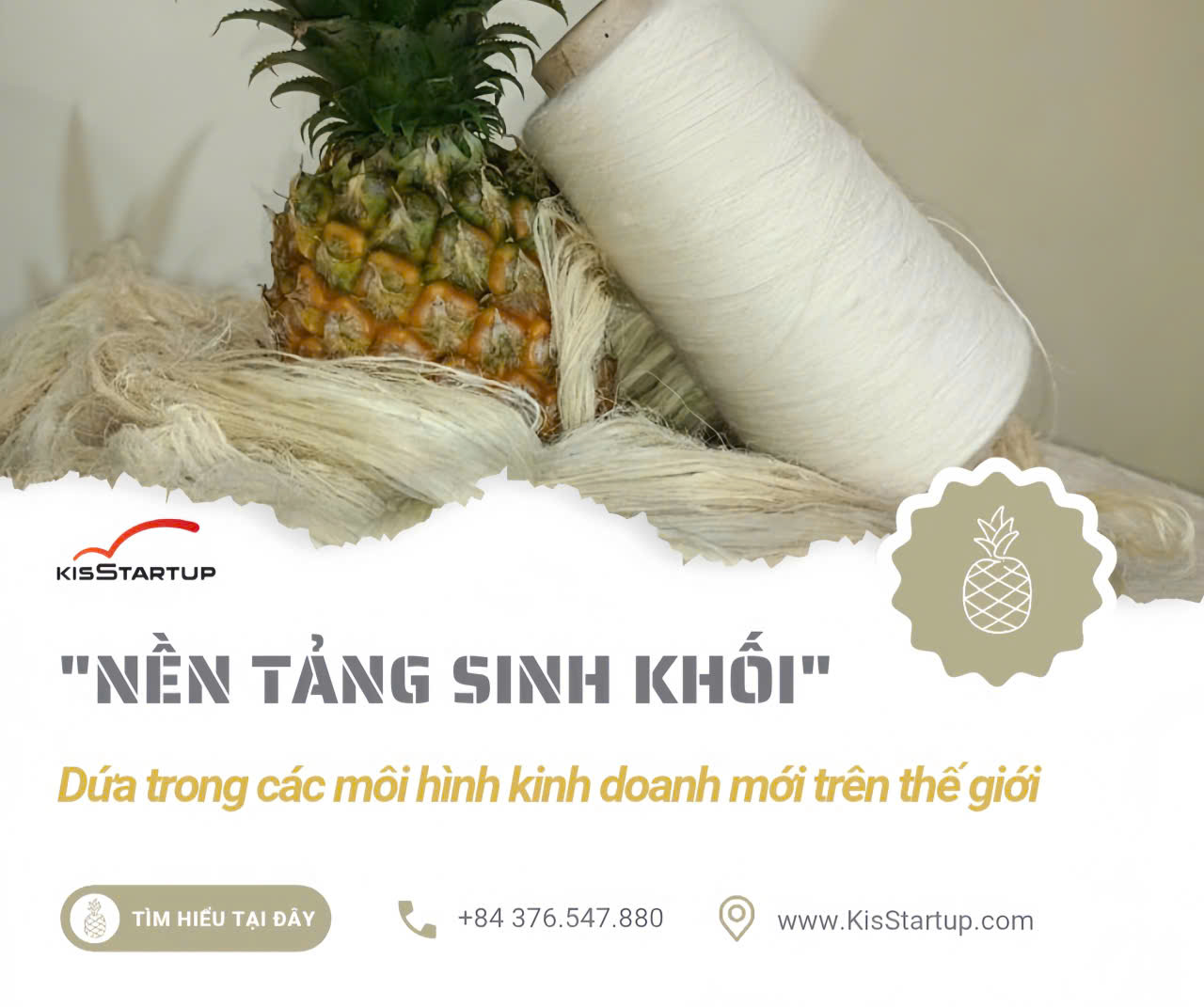
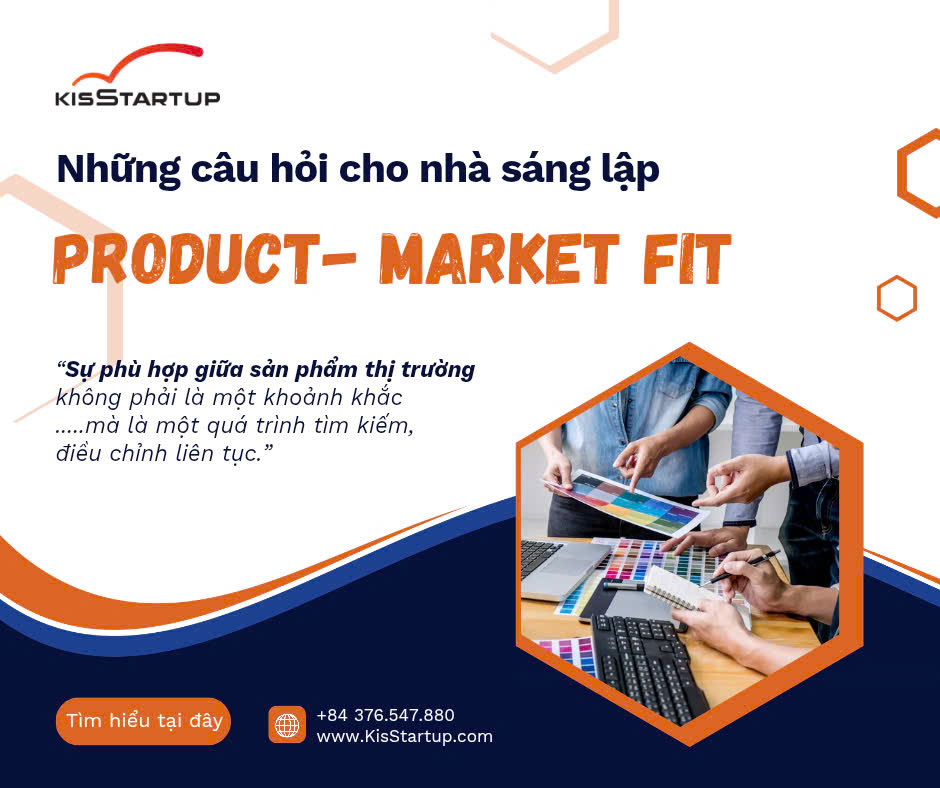
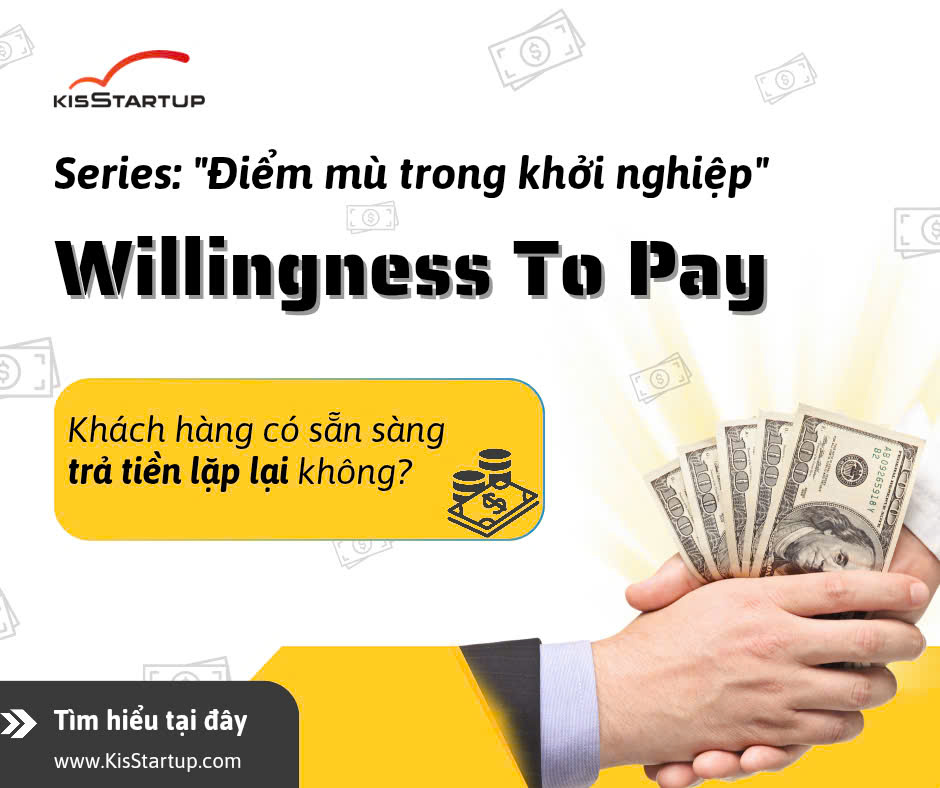
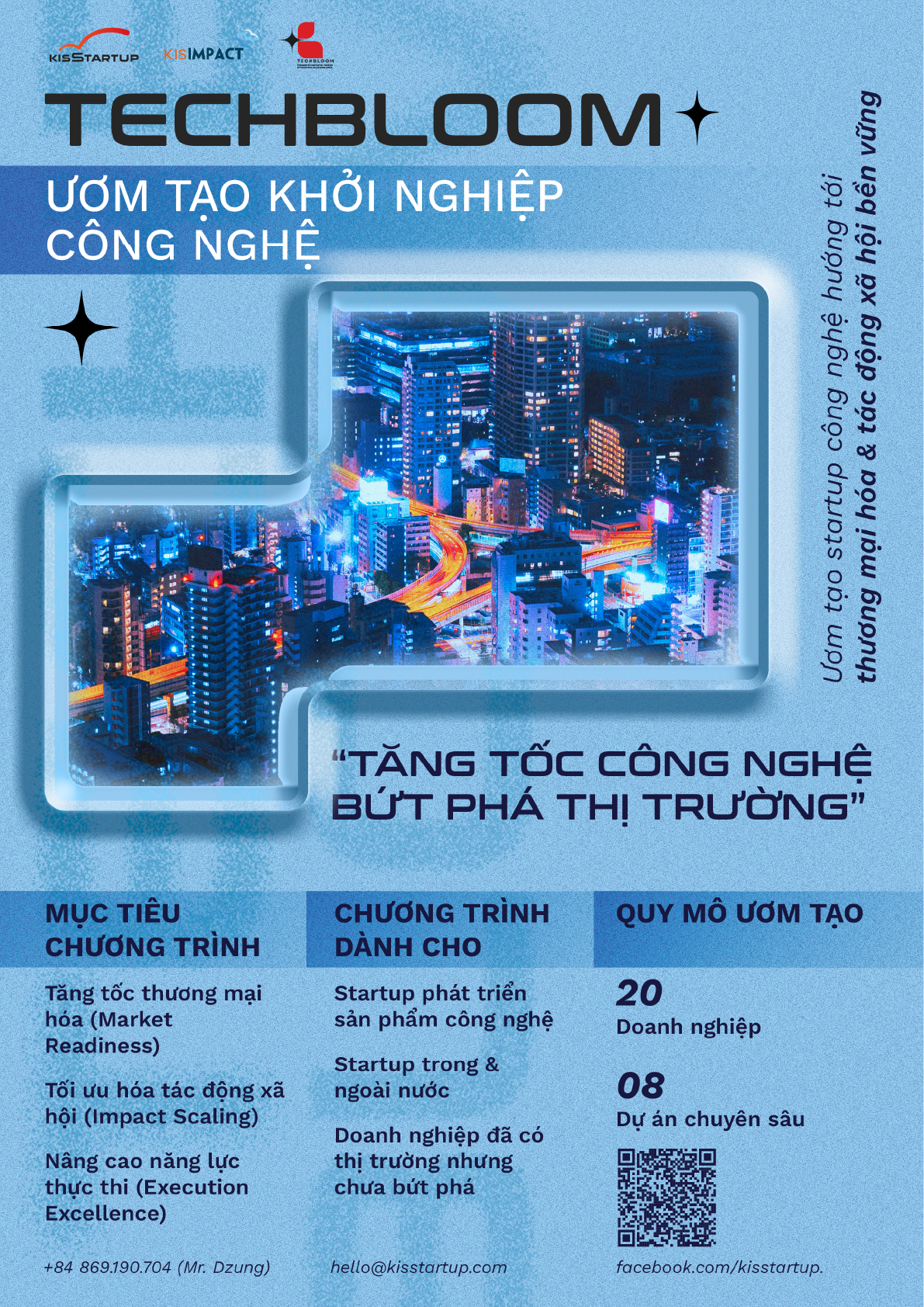 In 2026, KisStartup is not merely seeking promising ideas. We partner with teams that are prepared to translate intrinsic value into viable business models—models capable of generating revenue, delivering measurable social impact, and sustaining long-term growth.
In 2026, KisStartup is not merely seeking promising ideas. We partner with teams that are prepared to translate intrinsic value into viable business models—models capable of generating revenue, delivering measurable social impact, and sustaining long-term growth.
